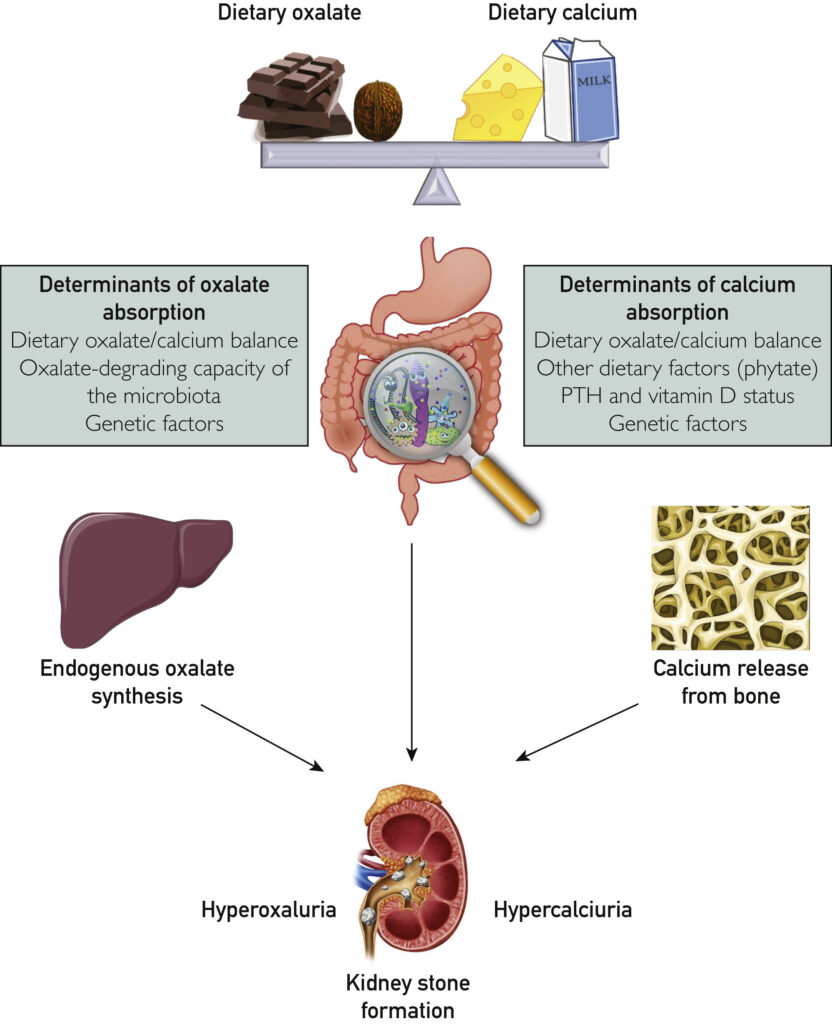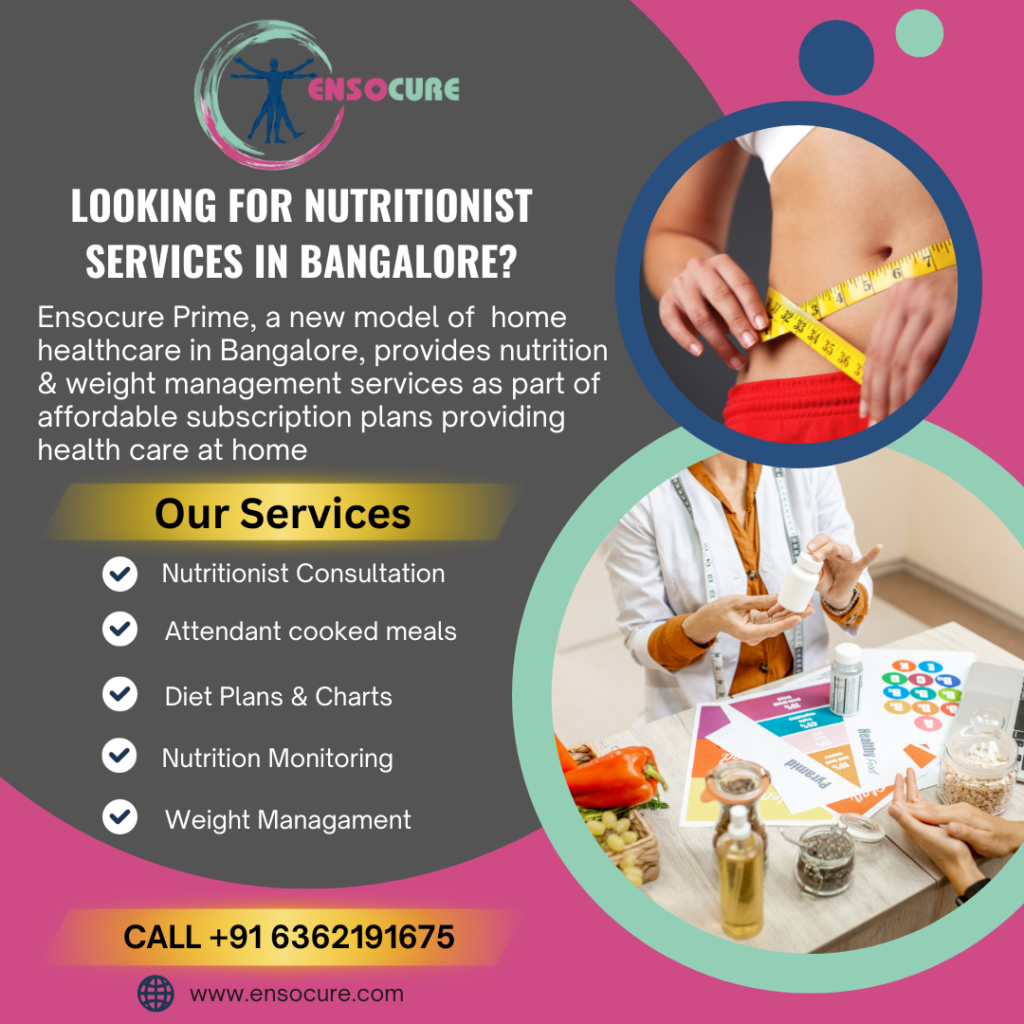Most people who have kidney stones don’t find out in the early stages because they don’t feel sick. The symptoms only show up when the stones get bigger and make it hard for them to pass through the ureter. If you’ve been diagnosed with kidney stones, you need to be careful about what you eat because there are certain foods bad for kidney stones that contribute to stone formation, or increase the size of existing stones. A healthier risk-free diet can be created for you by a certified kidney dietician.
What is a kidney stone?
A kidney stone, also known as renal calculus or nephrolith, is a hard, crystalline deposit that forms in the kidneys. These stones are typically composed of minerals and salts that accumulate and solidify in the urine. Kidney stones can vary in size, ranging from as small as a grain of sand to as large as a golf ball. The formation of kidney stones is a result of certain substances in the urine reaching high concentrations, leading to their crystallization. There are different types of kidney stones, each formed from specific substances. The most common types include:
- Calcium Oxalate Stones: Made of calcium oxalate
- Struvite Stones: Made of magnesium phosphate
- Uric Acid Stones: Made from excess uric acid
- Cystine Stones: Rare and results from excessive cystine
How to prevent kidney stone
One of the best ways to keep kidney stones from forming is to drink a lot of water every day. This will help you urinate more often so that calcium or uric acid doesn’t build up. If they get too big, an ultrasound technique is used to break the stones making it easier for them to pass through your urinary tract.
Besides this, there is much you can do by way of diet by avoiding foods bad for kidney stones. A good kidney stone diet consists of foods to eat and foods to avoid.
What is oxalate, and how does it make stones?

Since most kidney stones happen to be oxalate stones, kidney stone diets usually recommend avoiding foods high in oxalate. Oxalate is a natural chemical that can be found in a lot of foods. Once your body has used up what nutrients it needs, it moves waste through your bloodstream to your kidneys, where it is filtered out through urine. When there is excessive solid waste with too little urine, crystals then form, clumping together to form a kidney stone. Oxalate is one kind of compound that can cause crystals to form in the urine. Excessive oxalate binds to calcium causing calcium oxalate stones.
Ironically, you need to get an adequate dose of calcium especially when you eat too much oxalate rich food so that calcium binds to oxalate in the stomach before it can reach the kidneys. This will make it less likely that kidney stones will form.
The 10 foods that you need to avoid in Kidney stones
Mentioned below are the six foods bad for kidney stones. Being high in oxalate content, they should be avoided when you have kidney stones. What’s unfortunate is how some like spinach is great for health, but by consulting a dietician or nutritionist, you could well create an eating plan where you could consume some of these foods in moderation provided you get your dietary calcium. People like almonds, but it’s hard for them to stop eating too many of them. If you can stick to a few almonds a day, you should be fine. If not, you should avoid them.
- SPINACH
- SESAME SEEDS
- ALMONDS
- SOY PRODUCTS
- POTATOES WITH SKIN
- DATES
- NAVY BEANS
- RASBERRIES
- LADY FINGER/OKRA
- RICE BRAN (NOT THE OIL)
Other foods to avoid in kidney stones
- Beets
- Cocoa powder
- Tea
- Bran cereals and shredded wheat cereals
- French fries
- Raspberries
- Stevia sweeteners
- Sweet potatoes
- Rhubarb
2. Uric acid stones are also a common type of stone
Purines are a natural chemical compound that are found in large amounts in red meat, organ meats, and shellfish. When you eat a lot of purines, your body makes more uric acid, so the kidneys must get rid of more acid. More uric acid in the urine makes it more acidic. Because urine has a lot of acid, it is easier for uric acid stones to form.
To avoid getting uric acid stones, eat less red meat, organ meats, beer and other alcoholic drinks, gravies made with meat, sardines, anchovies, and shellfish. Follow a healthy eating plan that includes mostly vegetables and fruits, whole grains, and low-fat dairy products. Don’t eat or drink too much that is sweetened with sugar, especially if it has high fructose corn syrup. Limit your alcohol intake because it can raise the amount of uric acid in your blood, and stay away from short-term diets for the same reason. If you eat less protein from animals and more fruits and vegetables, you can lower the acidity of your urine, which may make it less likely that uric acid stones will form.
Avoid these foods if you have a uric acid stone:
• Alcohol
• Anchovies
• Asparagus
• Baking or brewer’s yeast
• Cauliflower
• Consommé
• Gravy
• Herring
• Legumes (dried beans and peas)
• Mushrooms
• Oils
• Organ meats (liver, kidney, and sweetbreads)
• Sardines
Dietary Tips for Avoiding Kidney Stones
Once you have kidney stones for the first time, the risk of a recurrence increases drastically unless you take the necessary steps to prevent them. For instance, you can take medications prescribed by your doctor to prevent the stones. Likewise, you can begin to watch keenly what you drink and eat. It is also important that tests are run on the stones you currently must determine what type they are in order to clearly define appropriate steps for preventing a recurrence. Strategies for preventing recurring kidney stones include:
- Drinking at least 12 glasses of water every day.
- Drinking citrus juices, like orange juice.
- Reducing the amount of animal protein, you take.
- Reducing the amount of added sugar, salt, and products rich in fructose corn syrup.
- Avoiding drinks and foods high in phosphates and oxalates.
- Eating a calcium-containing food at every meal, at least 3 times a day.
- Avoiding foods or drinks that dehydrate the body, such as alcohol.
Kidney stones can cause a lot of pain and discomfort. But with slight dietary changes, occurrence of the stones can be effectively prevented or managed. Keeping your body hydrated, pairing oxalate-rich foods with calcium, and avoiding foods high in sugar and salt are crucial dietary steps for preventing kidney stones.

It needs to be said, if you do not have kidney stones, there is no reason to void the above foods provided you’re well hydrated. Many of these foods are nutrient dense and healthy. They should only be avoided or eaten in moderation if you have existing stones, or have a history of developing kidney stones.
Please note, this article is for information and guidance. Before implementing any advice seen online, please consult with your doctor.

